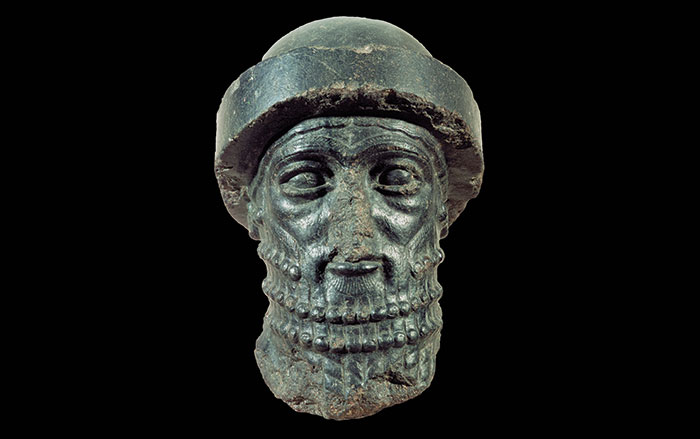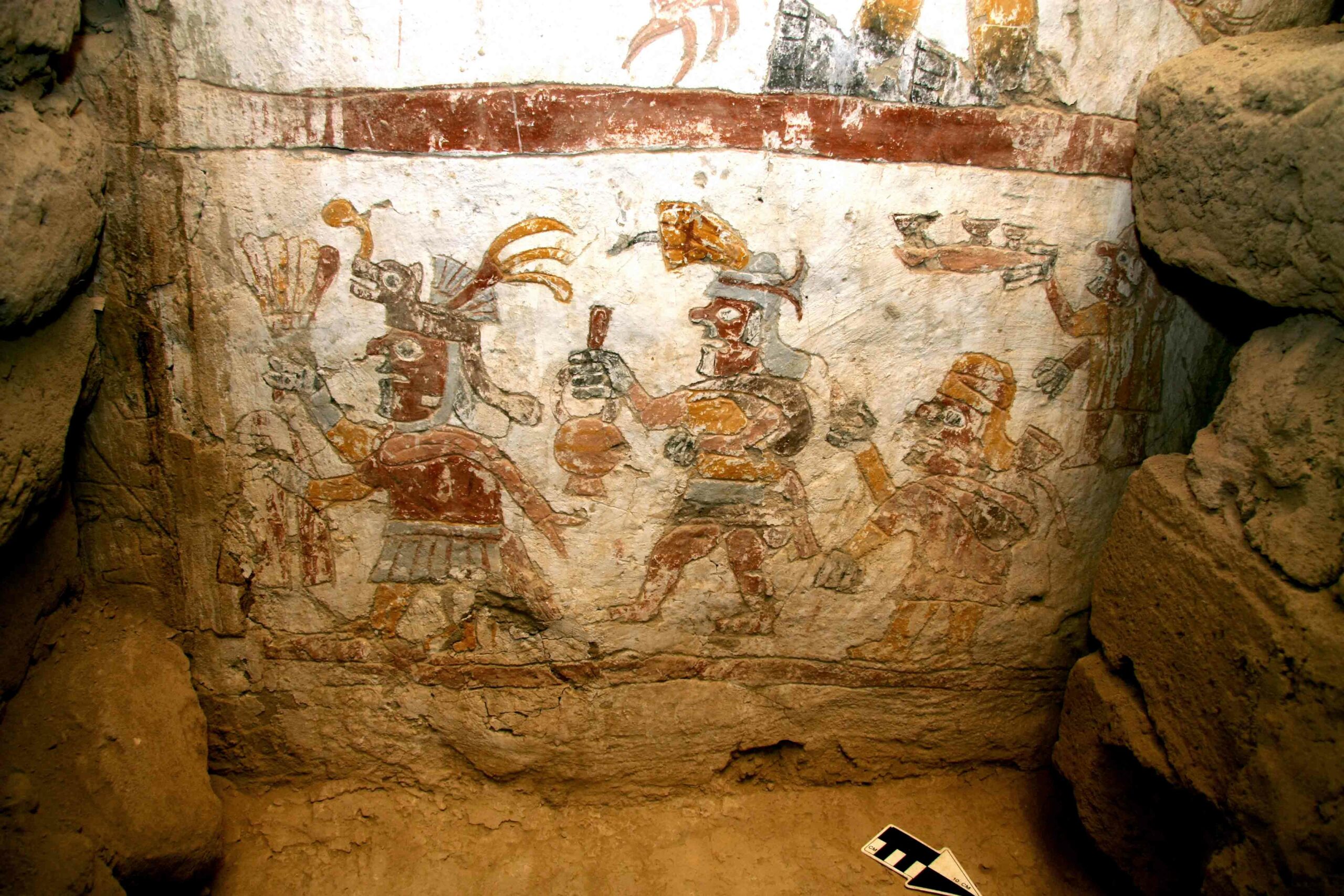
DUBLIN, IRELAND—According to a report in The Guardian, an analysis of environmental records and historic documents suggests a volcanic eruption may have contributed to the Roman victory over Cleopatra at the Battle of Actium in 30 B.C. Egypt’s defeat has long been blamed on the shortcomings of the 300-year-long Ptolemaic dynasty, including infighting, decadence, and incest. But ice core data, Islamic records of water levels in the Nile River, and ancient Egyptian histories written on papyrus suggest a volcanic eruption somewhere in the world in 44 B.C. may have disrupted the annual flooding of the Nile and triggered famine, plague, and social unrest. Historian Joe Manning of Yale University and climate historian Francis Ludlow of Trinity College Dublin say failure of the Nile floodwaters, and the resulting social stresses, could have weakened Cleopatra’s power and left her reign vulnerable to the Romans. For more on archaeology in Egypt, go to “In the Time of the Rosetta Stone.”










